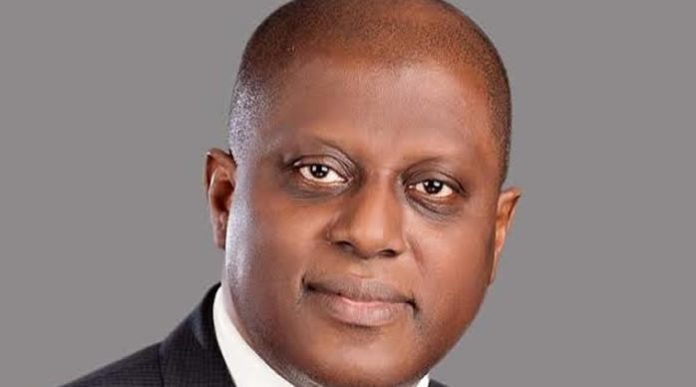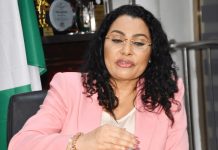One year ago, Olayemi Cardoso, the Governor of the Central Bank of Nigeria (CBN), delivered a significant inaugural policy speech at the Bankers’ Dinner organized by the Chartered Institute of Bankers of Nigeria (CIBN).
This address marked his first major communication to stakeholders following his appointment just two months prior, setting the stage for his vision for monetary policy and economic stability.
In his speech, Cardoso outlined ambitious goals aimed at achieving price stability, fostering sustainable economic growth, stabilizing the naira’s exchange rate, and reducing interest rates to encourage borrowing and investment in the real sector. He emphasized the need for discipline and commitment to restore Nigeria’s foreign exchange reserves to levels comparable with those of similar economies.
However, as we reflect on Cardoso’s tenure since that pivotal moment on November 25, 2023, the outcomes have been mixed. Inflation has surged from 28.20% to 33.88%, according to the National Bureau of Statistics (NBS), exacerbated by a growing money supply and rising costs of essential goods, particularly food and fuel. In response, the Monetary Policy Committee (MPC), under Cardoso’s leadership, has raised the Monetary Policy Rate (MPR) by 875 basis points to 27.5% in 2024, aiming to combat persistent inflationary pressures.
“While inflation remains unacceptably high, we are beginning to see positive signals. Our commitment to price stability is steadfast,” Cardoso stated, highlighting the delayed effects of monetary policy, which typically take six to nine months to influence the consumer sector.
Despite these assurances, rising inflation continues to challenge the economy. The Manufacturers Association of Nigeria (MAN) has expressed concern over the impact of ongoing rate hikes on the productive sector, calling for a reevaluation of the CBN’s strategy. “We urge the CBN to halt the rate hikes and instead explore a more coordinated approach between monetary and fiscal policies to effectively curb inflation,” said Segun Ajayi-Kadir, MAN’s Director-General.
The naira has faced significant depreciation during Cardoso’s term. When he first addressed the public, the dollar was valued at N956.33 in the Nigerian Autonomous Foreign Exchange Market (NAFEM). As of December 6, it has surged to N1,535, while the black market rate climbed from N1,150 to N1,515. Cardoso attributed these challenges to a backlog of over $7 billion in unmet foreign exchange commitments and a fragmented exchange rate system that has created arbitrage opportunities, draining Nigeria’s external reserves to $33.22 billion by December 2023.
In response to these issues, Cardoso announced critical reforms aimed at unifying Nigeria’s exchange rate and restoring transparency. He pointed to the introduction of the Bloomberg Electronic Foreign Exchange Matching System (EFEMS) as a tool to enhance market efficiency and give the CBN better insight into foreign exchange demand.
Recent data indicates a slight recovery for the naira, appreciating to N1,515 in the parallel market following the implementation of the new foreign exchange framework. The CBN’s reserves, initially at $33.28 billion in September 2023, have also seen an uptick, exceeding $40 billion as of November 2024, marking the highest level in nearly three years.
While the CBN’s reforms aim to restore investor confidence and foster long-term growth, significant challenges remain. Aloysius Uche Ordu, a member of the MPC, emphasized the need for a sustained commitment to tackling inflation, while Muda Yusuf, CEO of the Centre for the Promotion of Private Enterprise, cautioned against the CBN’s tightening monetary policy amid sluggish growth in key sectors like agriculture and manufacturing.
“Monetary policies should not stifle the real sector; instead, they should support development finance institutions to alleviate financing challenges,” Yusuf argued.
Cardoso acknowledged these concerns and urged banks to take a proactive role in fostering economic recovery. “An FX market cannot solely rely on the Central Bank’s interventions. Banks must act as market makers, providing solutions that empower businesses to thrive,” he stated.
As Cardoso concludes his first year at the helm of the CBN, the path forward is clear: a balanced approach that fosters stability while supporting growth in critical sectors is essential for Nigeria’s economic recovery.













